The Marbles: David Wilkinson’s Documentary Film on the Return of the Parthenon Sculptures
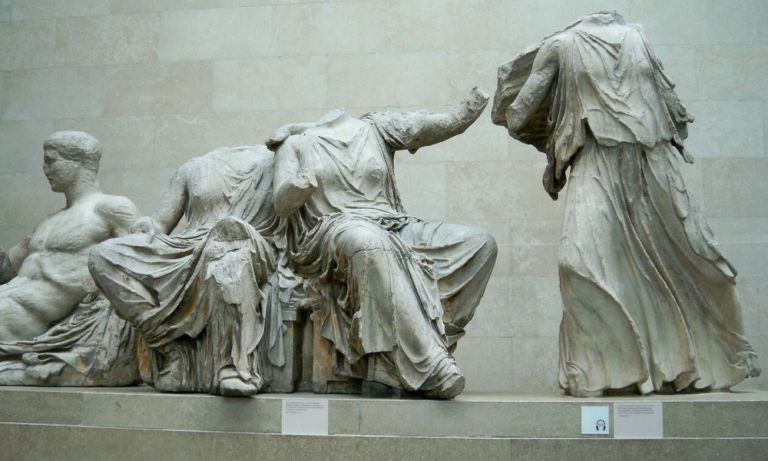
Πηγή Φωτογραφίας: Pixabay//The Marbles: David Wilkinson’s Documentary Film on the Return of the Parthenon Sculptures
The case of the Parthenon Marbles taken by Lord Elgin from the Acropolis in Athens more than 200 years ago, and then ‘acquired’ by the UK Government and transferred to the British Museum in London where they remain to the present day, still rankles in the minds and hearts of many.
Greece has been lobbying for their return to the country for almost 200 years.
The UK film director and screenwriter David Nicholas Wilkinson has gone one step further by researching, producing and directing through his production company, Guerilla Films, a critical documentary, called The Marbles.

The Marbles will be officially unveiled as the opening film at the Central Scotland Documentary Festival (CSDF) which commences on 30 October 2025 at the Macrobert Arts Centre in the city of Stirling.
Wilkinson, who screened the work-in-progress version of his film at last year’s CSDF, will return with the world premiere of the dynamic finished work exploring the controversial history of the Elgin Marbles (as they were imperiously described) and the general theme of the repatriation of illicitly-obtained cultural artefacts.
Grahame Reid, Festival Director of the CSDF, has commented that the finished work will be the perfect film to open this year’s festival, remarking: “I can’t wait for audiences to experience David’s incredibly special documentary.”

The making of The Marbles has been almost a cause célèbre for Wilkinson. As he recently explained in an interview with Evdoxia (Evy) Lymperi, the London-based correspondent of the Greek Public Broadcaster ERT:
I have been visiting the British Museum since 1977, and from the moment I learned the truth about the Parthenon Sculptures, I always felt it was a mistake to “have” them. For my country to benefit from stolen property is a dishonour to us. It tarnishes our image to the rest of the world and presents us as a country of pirates and thieves.
In an earlier interview with the Greek-American media outlet, National Herald, Nicholson admitted that when he first learned of how the sculptures were removed he was baffled that his own country “could continue a lie told by Lord Elgin over 200 years ago that he had legally acquired these priceless sculptures”. This bewilderment gradually translated into a sense of outrage:
“Over the years, I became so indignant that we were treating the people of Greece with such contempt that I decided that, as a filmmaker, I must use my skills to make a documentary feature film that would put the facts to not only the citizens of my own country but also those around the world. Everyone seeing my film will realise how unfair it was that the Parthenon Marbles were in London, not Athens.”

Filming officially started on 25 March 2021, coinciding rather symbolically with the 200th anniversary of the outbreak of the Greek War of Independence when the Greeks commenced their struggle for freedom from the occupying Ottoman Empire.
The film outlines the strong case for the reunification of the Parthenon Marbles to Athens and documents the ups and downs in the campaign. One of the film’s inspirations is the actress Melina Mercouri who, as Greece’s first Culture Minister, famously brought to the world’s attention the plight of the sculptures.

Notable participants in the documentary include the actor Brian Cox, Neil Curtis (Head of Museums and Special Collections at the University of Aberdeen), Patricia Allan (former Curator of World Cultures at Glasgow Museums) and retired businessman Tom Minogue, who has written extensively about Lord Elgin’s nefarious exploits.

Others who were interviewed for the film include the well-known British solicitor, Mark Stephens CBE, Alexander Herman, Director of the Institute of Art and Law and author of “The Parthenon Marbles Dispute – Heritage, Law, Politics” and Andrew George MP, a Liberal Democrat Member of Parliament and the chair of the British Association for the Reunification of the Parthenon Sculptures (formerly Marbles Reunited), as well as the actress Dame Janet Suzman and the author Victoria Hislop of the British Committee for the Reunification of the Parthenon Marbles.
It is also a reminder of the power of the culture of protest.

In The Marbles, Wilkinson also investigates how former colonial powers should make amends for unethical conduct in their imperial past, citing Scotland as a shining example of a nation which has repatriated artifacts and human remains which had been ‘acquired’ in dubious circumstances.
The director was particularly impressed with the morally and politically courageous way in which the Glasgow City Council acted in the Ghost Dance Shirt case. The Lakota people demanded the return of this important item, which had been removed from the body of a murdered Sioux warrior at the Battle of Wounded Knee in 1890. The council decided that the best way to proceed was to hold a public consultation – and the result was clear: it had to be returned to its rightful owners, the Lakota. In exchange, the Museum received a replica Ghost Dance shirt for its display.

The piece has also prompted a statement from the Scottish government, which is included in the film.
In fact, in 2022 recommendations were released by the Empire, Slavery & Scotland’s Museums independent Steering Group as to how Scotland’s involvement in empire and colonialism can be addressed using museum collections and museum spaces.
The recommendations, that were adopted in 2024, included that museums should commit to research, interpret, and share the histories of Scotland’s links to empire, colonialism, and historic slavery and that the Scottish Government should demonstrate its support for restitution and repatriation of looted or unethically acquired items in Scottish collections.

The director, who is also valiantly fighting his own battle with cancer, feels that his documentary will have an impact and believes that there is a real political will – especially in the UK – for a meaningful return of the Parthenon Sculptures.
As he told ERT:
“I recently showed the film to a former trustee of the British Museum. They said to me, off-camera of course: ‘David, when the British people learn the whole truth through your film, I doubt there will be many who will believe we have any right to keep them. As the film demonstrates, the British government is becoming increasingly isolated internationally on this issue. The late Pope returned the Parthenon Sculptures from the Vatican because he knew that keeping them was wrong. It’s time for us to do the same… and I never thought I would say that.’ Yes. They will be returned. It’s just a matter of time.”
David Wilkinson is indeed famous for tackling controversial subjects.
In Getting Away With Murder(s), Wilkinson embarked on a searing, investigative documentary, replete with archival footage, survivor testimonies and interviews with historians and legal scholars, over the West’s failure after the end of World War II to prosecute the overwhelming majority of Nazi war criminals implicated in the Holocaust.
 The film was widely acclaimed, described by one critic as a “rare work of cinematic activism, fueled by grief and moral clarity”, and being intentionally confrontational in tone as an “essential act of memory and justice advocacy”. It was recognised by the Guardian newspaper as the best documentary in the UK in 2021.
The film was widely acclaimed, described by one critic as a “rare work of cinematic activism, fueled by grief and moral clarity”, and being intentionally confrontational in tone as an “essential act of memory and justice advocacy”. It was recognised by the Guardian newspaper as the best documentary in the UK in 2021.
David Wilkinson has many admirers, none more so than the Melbourne-based activist, Nick Drossos, who assisted with fund-raising for the production and provided moral encouragement throughout for the completion of the feature-length documentary on the Parthenon Marbles.
As Nick Drossos recounts:
“In January 2020 I made the long overdue trip to the British Museum to witness the scene of the crime and pledge my support and protest for the return of the Parthenon Marbles, Caryatid and other cultural artefacts that were forcibly removed from the Sacred Rock”.

This iconic photo of Drossos, proudly bearing the Greek flag in front of the sculptures in the British Museum, is endearing and captures the spirit of the film.

But the last word goes to David Wilkinson:
“As a nation, history has shown that we can change our minds as a result of many things, including public opinion being against the status quo. ‘The Marbles’ will change the minds of many once they know the truth.”
Whilst negotiations between the Greek Government and the British Museum, with the tacit approval of the UK Government, are ongoing in search of a mutually acceptable resolution of this long-running cultural heritage dispute, David Wilkinson’s cinematic intervention is to be welcomed.
The Marbles will indeed be a documentary feature film that will tell the truth.
George Vardas is the Arts & Culture Editor and a longtime advocate for the return of the Parthenon Sculptures in his capacity as co-Vice President of the Australian Parthenon Association. All images (unless otherwise credited) are courtesy of David Nicholas Wilkinson/Guerilla Distribution Limited.
Source: greek city times
Διαβάστε όλες τις τελευταίες Ειδήσεις από την Ελλάδα και τον Κόσμο








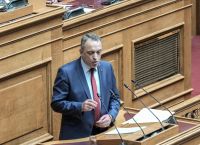

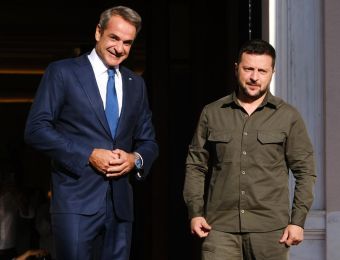

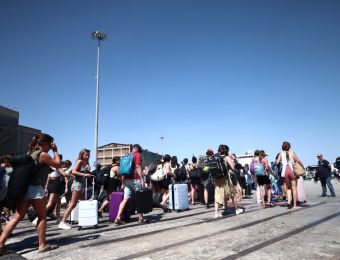


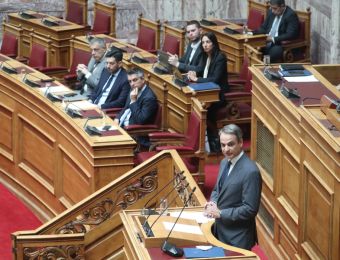
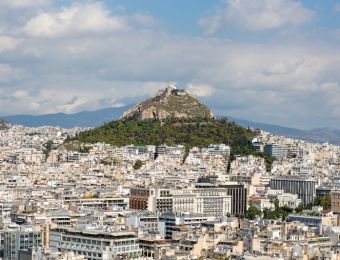

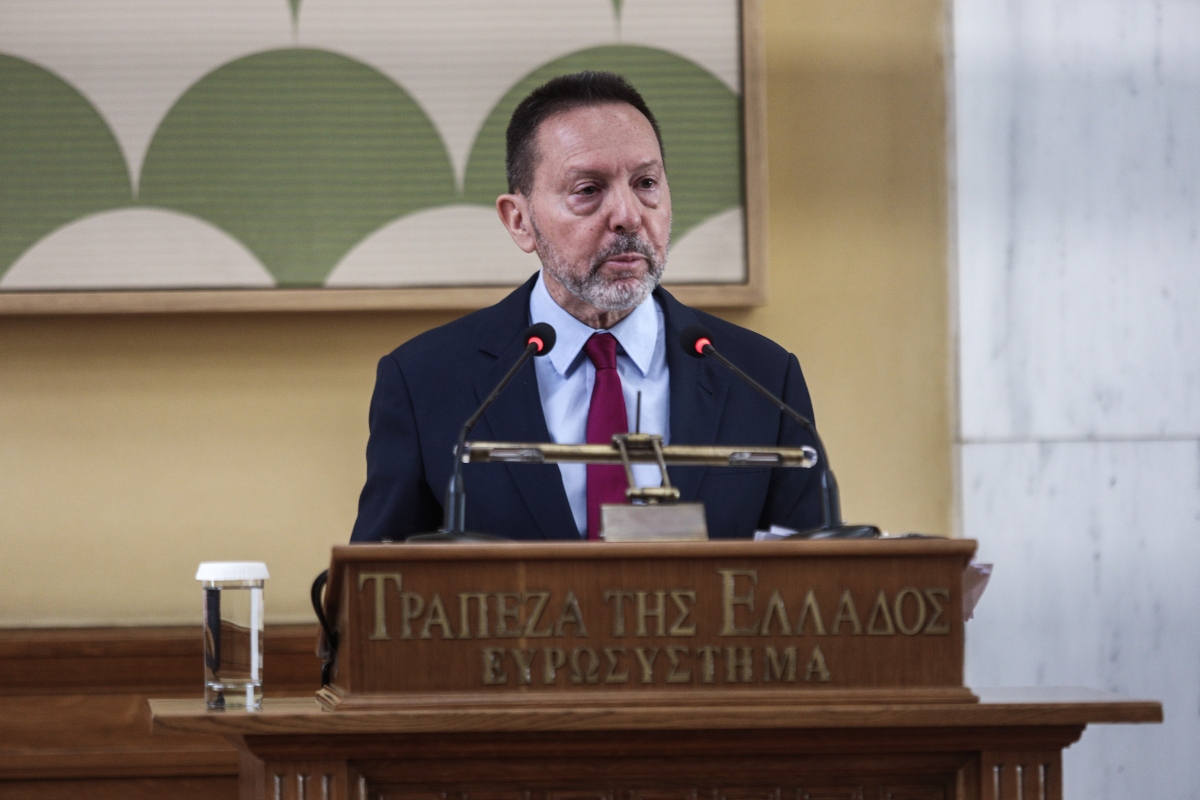
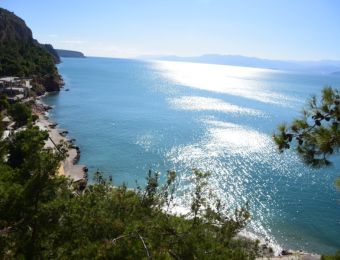

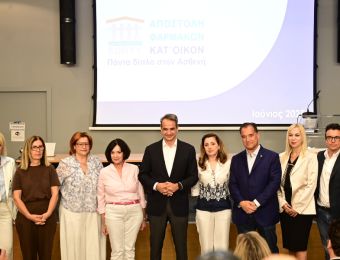

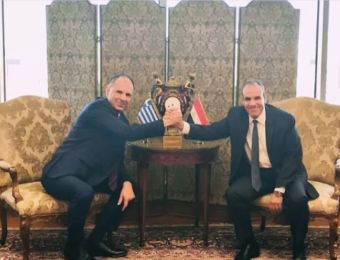

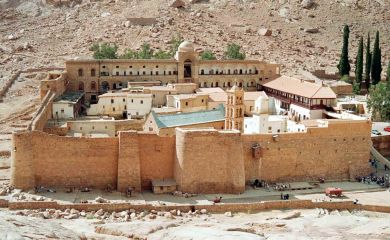
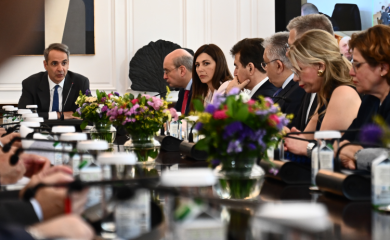

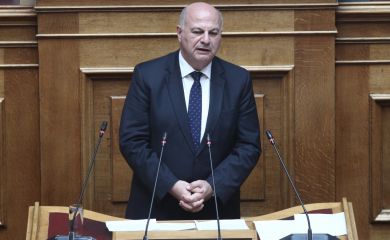


Το σχόλιο σας